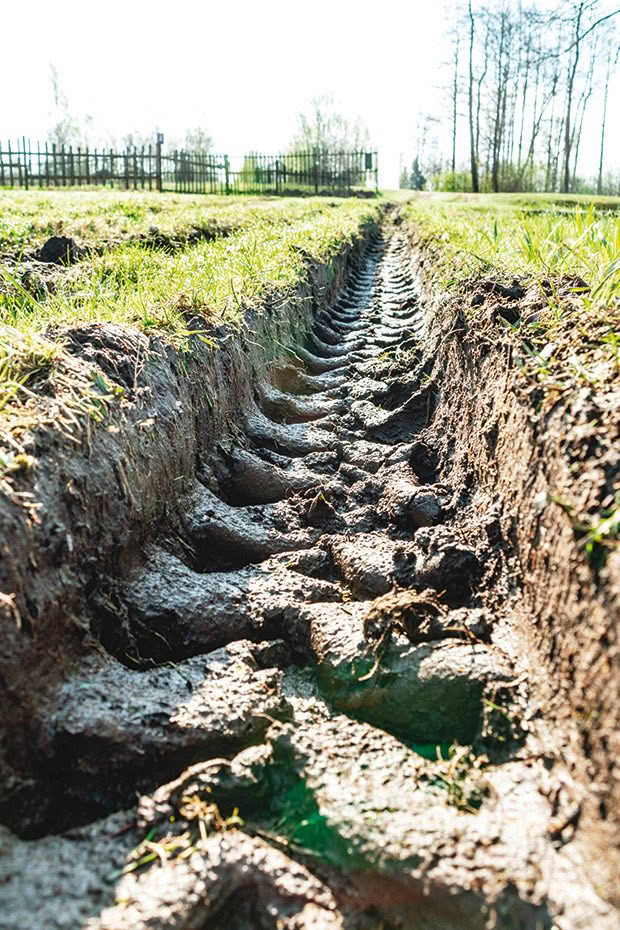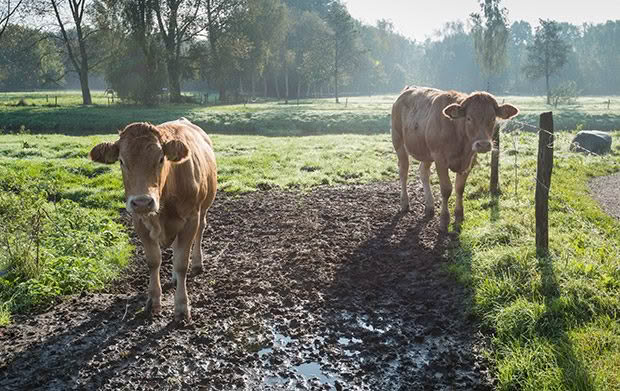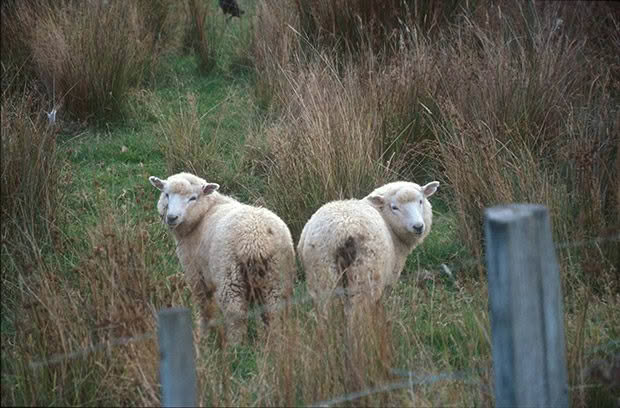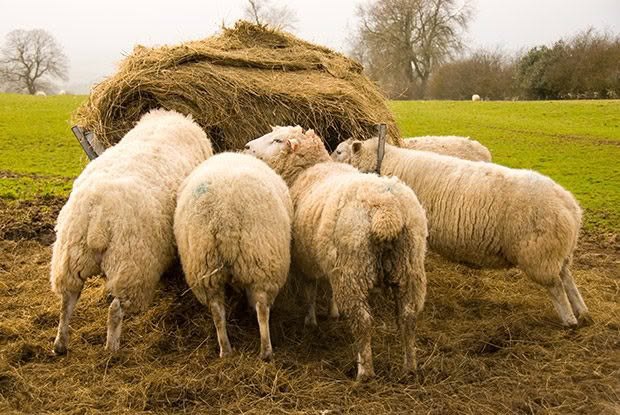Get your pasture ready for the cold months ahead

Before the winter chill settles in, make sure you and your farm are well-equipped with this handy checklist.
PASTURE
• Do you have low-nutrient pastures (paspalum, summer grass, crowfoot) in your paddocks? These often germinate or smother bare patches, left after a dry summer. Through autumn, they can make it seem as if a paddock is growing well. But these semi-tropical grasses disappear at the first frost, leaving large areas of bare ground where more weeds will germinate.
• Drilling seed is the best option and is ideally done after spraying out old pasture in early autumn or spring. You will need to book and pay for a contractor to do it.
• Make sure soil fertility is improved by the time you sow or any new pasture won’t survive.
• Consider using a mix of more drought-resistant species of ryegrass and clover. Also include highly nutritious ones that don’t harbour facial eczema spores, eg chicory, plantain.
CATTLE

• In some parts of NZ, the fungal spores that cause facial eczema may still be an issue. Check on the risk level in your area – visit the Gribbles Vets website – and talk to your vet about continuing with preventative products.
• If spore levels have returned to below danger levels, stock may need copper supplementation. Cattle can’t absorb copper properly when they have high zinc levels. Pregnant and lactating cows and fast-growing young stock (6 months+) are most likely to need extra copper, usually via a slow-release ‘bullet’ or injection. Talk to your vet about testing and treatment options.
• If you have thin cattle now, it’s going to be very hard to get condition back on them over winter. It takes 280kg of dry matter, above its daily maintenance requirement, to replace one condition score on a cow. That’s a lot of feed each day, and if you don’t have it on the farm, you’ll need to buy it in, or you’ll need to sell the stock.
• Talk to your vet about getting leptospirosis vaccinations if you’re running dairy cows, especially a house cow. It will protect calves about to be born, and it’s also crucial to prevent you getting ‘lepto’, an often life-long debilitating disease in humans. If you have pigs and dogs, ask your vet about vaccinating them too.
SHEEP

• Do you need to shear? Wool needs to be 100mm long. It’s better to get this done before winter and give ewes time to grow a bit of fleece. However, don’t shear during mating. Whenever you shear, prepare for a cold snap with good feed and shelter available for shorn ewes.
• Before you drench any young sheep for worms, base actions on faecal egg counts and consult with your vet about the appropriate product to use.
1 good thing to do before it gets really wet
Build up your pasture leading into the wet part of winter. Higher pasture cover provides better physical protection against pugging. Ideally, you want pasture to be 12-15cm high.
The main cause of soil pugging is stock churning up wet ground, damaging pasture plants and compacting soil, removing crucial, tiny pockets of air. Something heavy travelling over wet soil has a dramatic effect, crushing its air pockets and structure.
Pugging can severely reduce pasture yield – between 20-80% for 4-8 months – depending on soil type, the severity of the damage, and assuming you take remedial action.
What you do (& don’t) want in hay

Buying good quality hay can be a fraught business. A good bale should:
• look slightly green;
• have a high leaf content, and no sign of thistle, dock, barley grass, or other weeds;
• fall apart rather than stick together;
• smell sweet – be aware that dried out, low-nutrient hay can still smell sweet.
DON’T BUY
• mouldy, dusty or musty-smelling hay;
• hay from the bottom of the stack where it has been subject to damp.
Be careful if bales are heavy. They may just be tightly packed bales, but often they’re heavy because they’re wet. Ask to break one open and check.
Love this story? Subscribe now!
 This article first appeared in NZ Lifestyle Block Magazine.
This article first appeared in NZ Lifestyle Block Magazine.
